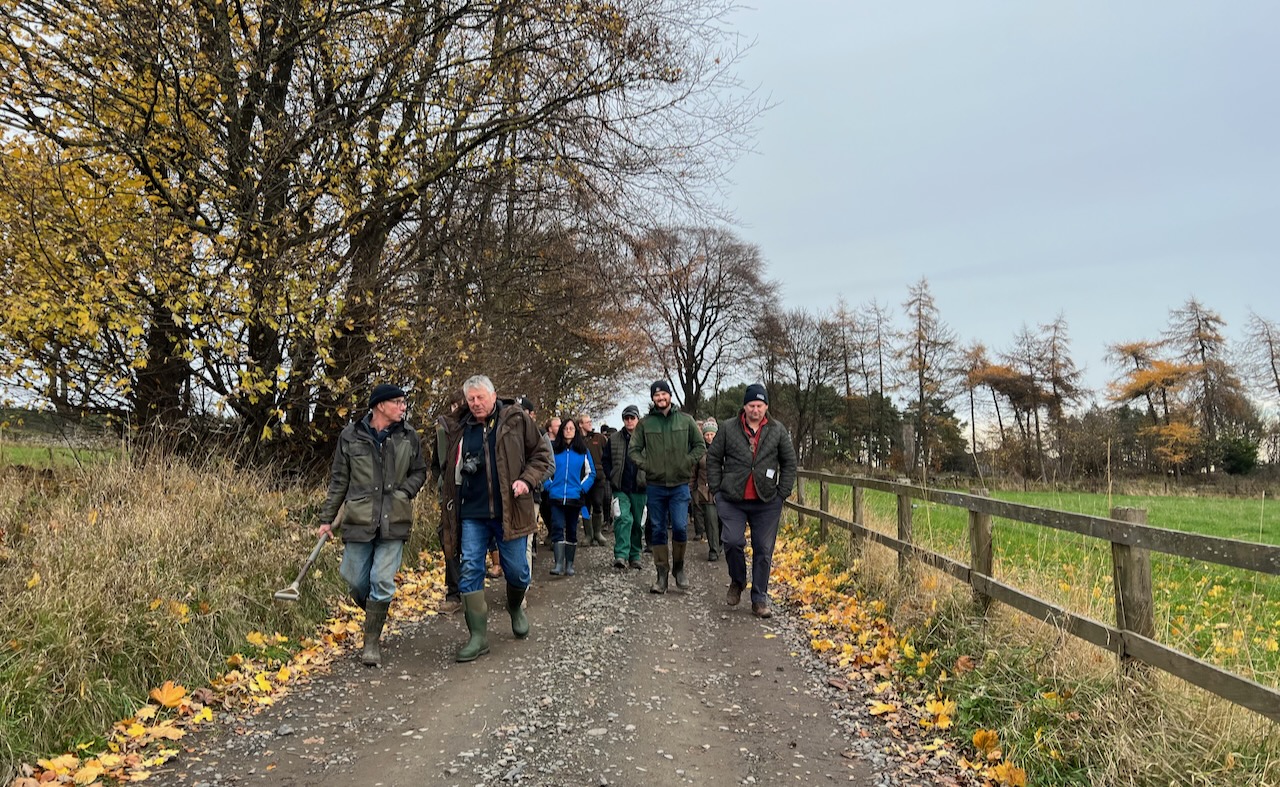
The 21st November 2023 came in as a bright and sunny day, in stark contrast to the near constant rain which had fallen for the previous weeks.
The occasion was the farm walk for FCT’s Carbon Farmer of the Year Competition on the winner’s farm – Doug Christie of Durie Farms, Fife. Durie Farms is a mixed farm combining arable and cattle enterprises, organic and non-organic as well as woodland.
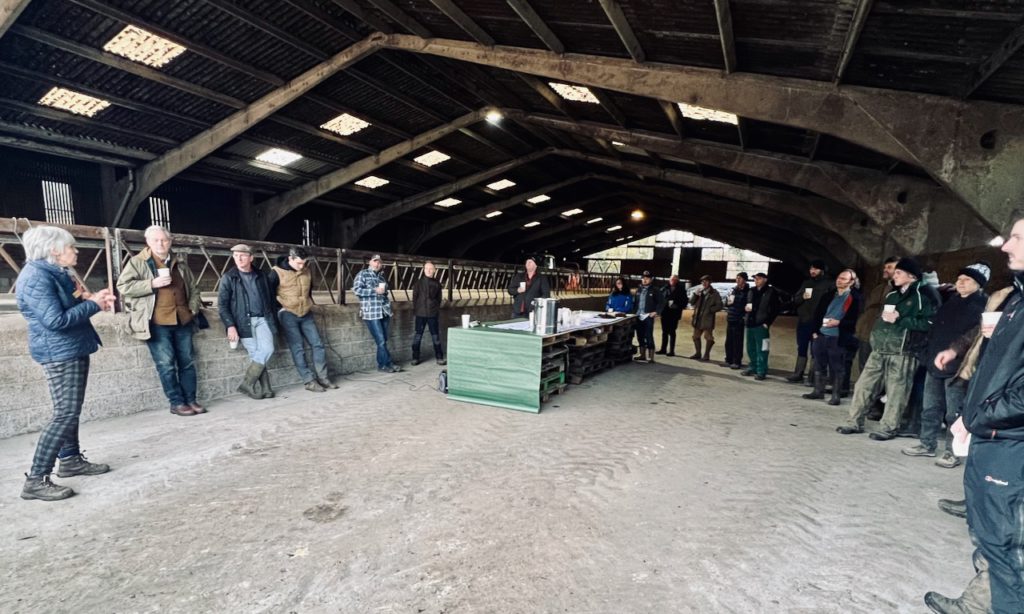
Before we set out on the walk, Doug introduced his farm and explained some of the practices he has adopted which earned him the title of Carbon Farmer of the Year.
Fundamentals include the incorporation of conservation agriculture (minimum till cultivations and more complex arable rotations including peas and legumes within the rotation as standard) and the integration of extensively managed cattle within the whole farm. Central to this has been regular soil analysis with records going back to 2006. These records include soil organic matter which means that Doug is able to track soil carbon changes over time too. Unusually for the time, Doug also measured soil bulk density which makes carbon stocks estimates more accurate. Alongside measuring soil carbon stocks, Doug also keeps enterprise fuel allocation records which has allowed him to have a much better understanding of hot spot areas. Through doing this he was able to identify the high fuel usage associated with housing cattle in the winter. This knowledge together with his adoption of holistic grazing practices has enabled him to keep cattle out longer, with some groups of cattle e.g. in calf heifers now not being housed at all.
Our first stop on the farm walk was the large heap of brushwood next to the farm lane (a result of woodland management) and a question posed to the walkers as to how best to deal with this. Burning the pile would release a lot of carbon dioxide, but would that be less than chipping the pile and then burning it as a fuel? Or what about leaving it to break down naturally and possibly combine with farmyard manure and use as a soil amendment? Now we are starting to look at these things through a number of lenses, these are the sort of questions farmers are increasingly grappling with.
The first field we entered was growing a cover crop, established in mid – late August after a cereal crop.
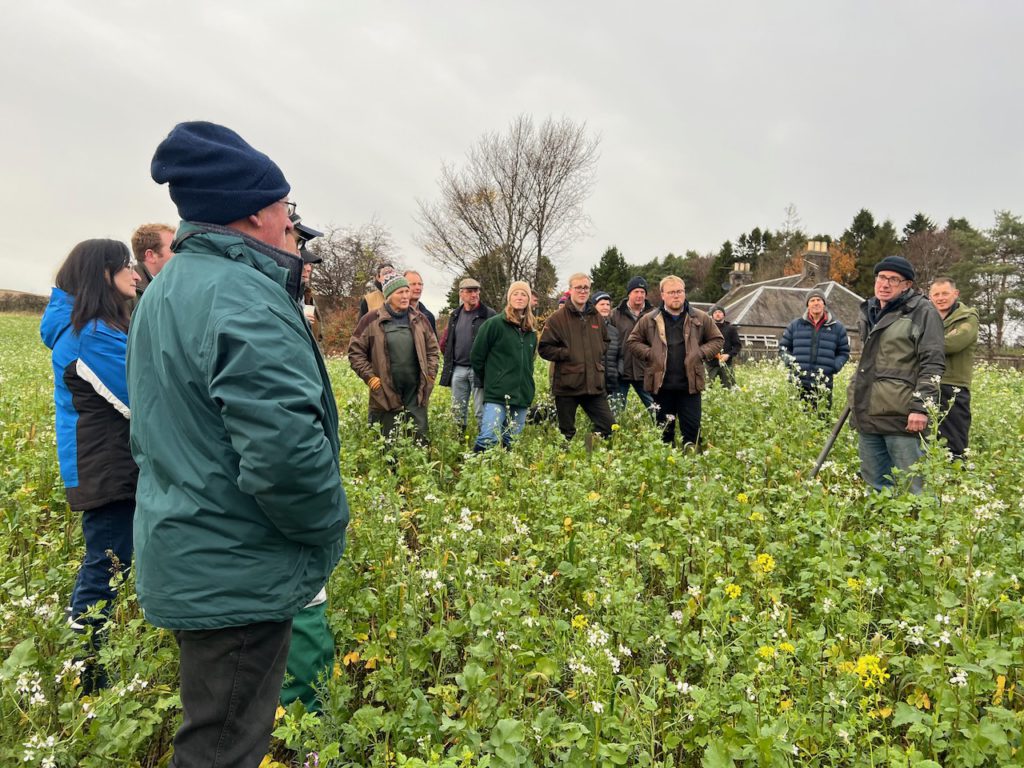
Doug now makes up his own cover crop mixes using farm saved seeds when possible. The cover crop had really motored on since early September and was providing pretty good canopy cover, in flower and up to waist height. This cover crop will be holding nutrients in the soil, keeping living roots in place and improving soil structure through the varied rooting depths of the different plants in the cover crop. Doug puts cover crops in place wherever possible and, for cereal harvesting, uses a stripper header leaving straw to rot down and provide food for earthworms. This was evident when inspecting a soil pit where the number of worms was high – worms everywhere. In fact this field which had been harvested with a stripper header, and had been undersown with a grass clover mix, with cattle having been mob grazed across it a few weeks earlier. The cattle had removed some of the straw and helped to break down the rest, and on the day of the farm walk it was clear that the grass clover sward was coming away nicely. Testament to the improving soil health at Durie Farms is the fact that Doug sold his subsoiler some years ago- surplus to requirements!
Doug shared with the group that he has not used insecticides since 2003 and is now working closely with the James Hutton Institute to carry out research on his farm. He has a fantastic site to investigate the impacts of this decision on insect life on the farm.
Arriving at the in calf heifers as we walked across the farm, it was clear they were wondering if it was time to make their move for the day.
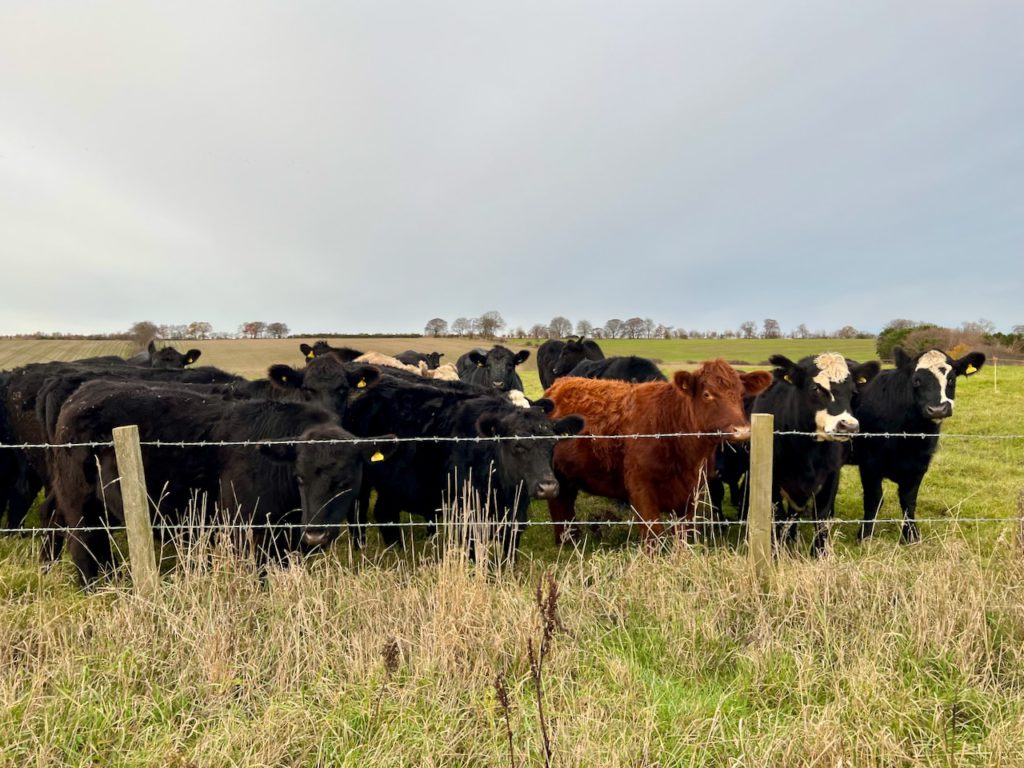
Donald Christie, Doug’s son commented that since moving to holistic grazing and generally daily moves the cattle have become much more biddable, and in the move to outdoor wintering the challenge has been to make sure that this group do not carry too much weight as they approach calving. They receive no supplementary feeding when on grass. One of the group commented that since adopting holistic grazing cattle health has improved and that the growth rate of outwintered animals surpassed that of housed cattle the following spring.
The group asked Doug what he is doing to reduce his reliance on artificial N fertilisers, one of the hot spots for arable farmers. Through improving soil health and bringing pulses and legumes into his cropping rotation Doug has reduced his reliance on granular urea by 30% since 2009. Yields have gone down but net margin is up. When choosing inputs such as fertiliser it is worth noting that different branded products, produced in different parts of the world, may have very different emissions factors. At Farm Carbon Toolkit, we offer Calculator users the ability to choose the product they have used so an accurate figure for emissions will be included.
The group also tackled the topic of cattle and methane, with an acknowledgement of how complex this topic is. The box below discusses the reasons for looking at a better mechanism for accounting for methane, one of the shortest lived greenhouse gases and one which is produced by ruminants as an intrinsic function of rumen function.
What is becoming clearer is that how cattle are managed will have an impact on their overall impacts on our environment. Certainly Doug is minimising their negative impacts, through minimising their consumption of foods which could be eaten by humans directly, minimising their use of other sources of emissions such as fertiliser and fuel and making sure that their grazing activity has a positive impact on the soils they stand on and sequestering as much carbon as possible in their wake.
| Accounting for methane: GWP* and GWP100 GWP (Global Warming Potential) is a measure of how much impact a gas will have on warming the atmosphere. The most common method to evaluate the effect of different greenhouse gases (GHGs) is by comparing them over a 100-year lifetime; this is known as GWP100. This is the internationally agreed metric chosen under the Paris Agreement and the primary tool for emission reduction targets globally. Using GWP, it’s possible to compare the impact of different GHGs by converting them to their carbon dioxide equivalent (CO2e) value. The latest research suggests that using GWP100, biogenic methane emissions are 27 times more powerful than CO2; and nitrous oxide (N2O) emissions are 273 times more powerful. However, unlike CO2 and N2O gases that last for hundreds of years in the atmosphere, methane only lasts for an average of 12 years after which most of it is broken down. This means that using GWP100, the impacts of methane could be considered overestimated in the long-term, and underestimated in the short term. In an aim to better account for methane, in 2016, a team of researchers proposed a new metric, known as GWP* that works over a 20 year period. Over a 20 year period, emitting a tonne of methane today has 80 times more temperature impact than carbon dioxide. However, the new metric is also designed to reflect the warming impact of ongoing emissions of methane in relation to the current levels of that gas in the atmosphere. The theory is that, over time, ongoing emissions are not adding warming to the atmosphere, but merely replacing old emissions that have degraded. Essentially, GWP* focuses on changes in emissions rather than absolute emissions. This accounting approach has been gathering support within UK agriculture sector, however it does also face some criticism (example). |
As we turned for home, and the beckoning hot drinks and cakes, conversation turned to reducing the negative impacts of growing potatoes and the potential for woodland to sequester carbon into trees. On the topic of reducing the harms associated with growing potatoes there is a clear role for keeping living roots in the soil for as much of the year as possible, but to date no alternative has been found to the punishing soil management routine required to grow potatoes, although research is underway.
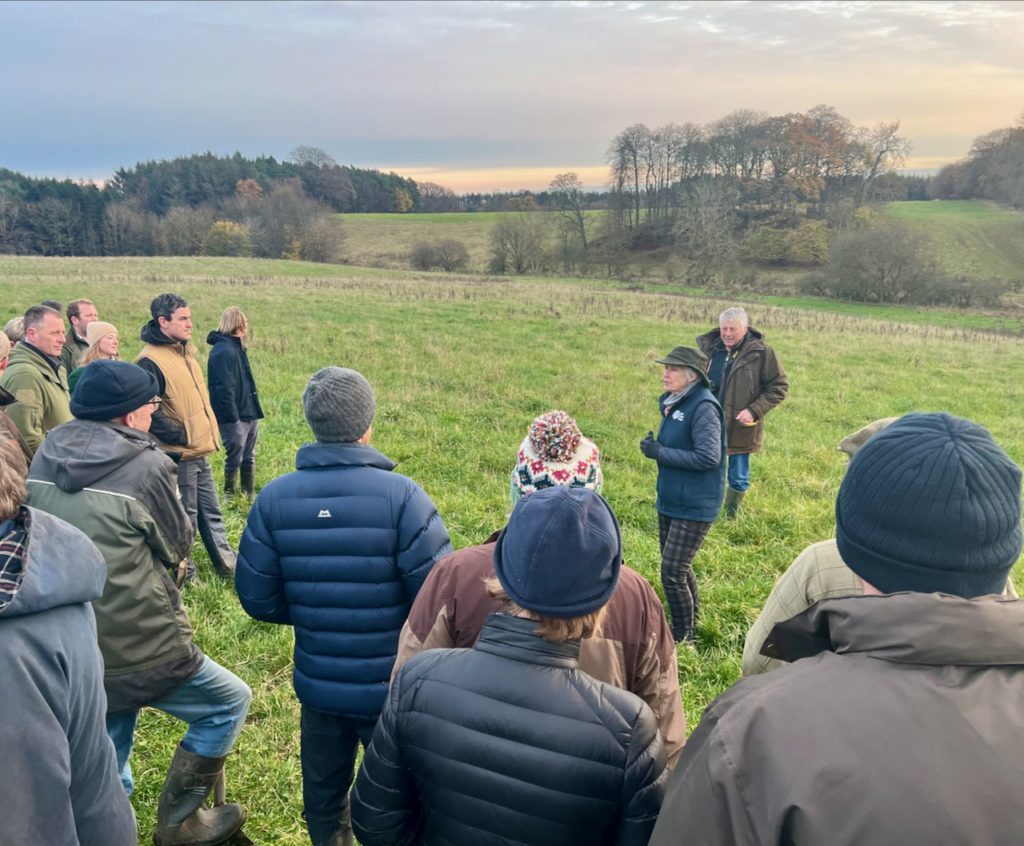
Doug has 50ha of woodland across the farm, with different areas having been in place from 10 -240 years. As his summary carbon footprint report shows, the woodland at Durie Farms alongside soil carbon sequestration offset the business GHG emissions last year. Of the total sequestration, woodland contributed around 50%. It is worth noting that the carbon sequestration associated with woodland depends on the growth rate of the tree. The Woodland Carbon Code has developed “look up tables” for this which the Farm Carbon Calculator has incorporated into the sequestration area of the Calculator. For users, providing accurate information on the age of the trees as well as their varieties will enable a more accurate assessment of the scale of sequestration to be given. A rule of thumb is that most trees sequester only small amounts of carbon for the first decade or so of life. From the age of around 15 – 30 years carbon sequestration is at its maximum. After that age growth tends to slow down and with it carbon sequestration.
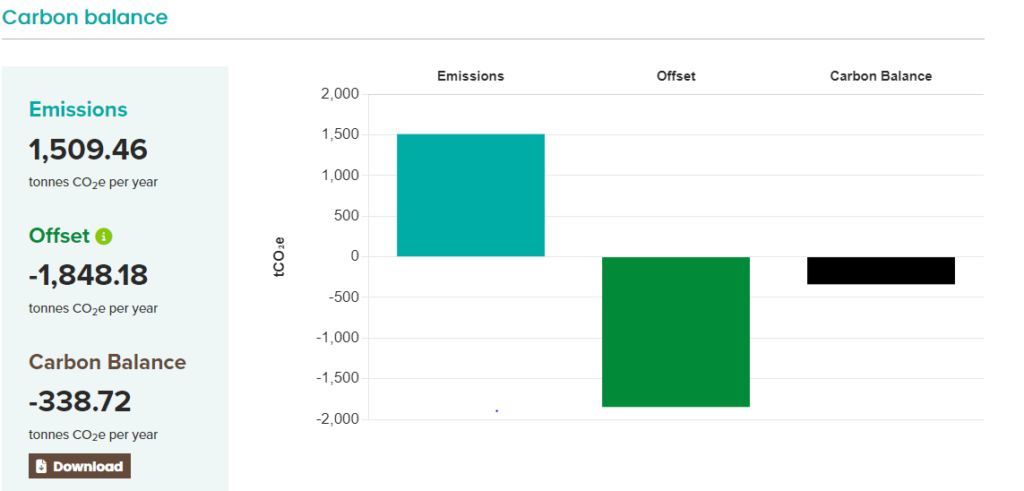
Doug is continually trying new ideas, with pasture cropping a new initiative he has ‘frustratingly’ tried this year. Doug’s long term membership of BASE UK has supported him in his quest for adopting new and more sustainable farming practices. A quick look at the BASE UK website revealed a number of fascinating events coming up in the next month including this one:
14/12/23 BASE-UK Member Nick Wall will present his review of the study tour recently taken by 15 members to visit Frederic Thomas and other BASE France members in November 2023 – it wasn’t all good food and drink – there was some learning involved!
Back in the cattle yard (not in use yet) we finished with a round up of questions, answers and general discussion.
Thank you to our hosts, the Christie Family, for a memorable farm walk and great hospitality.

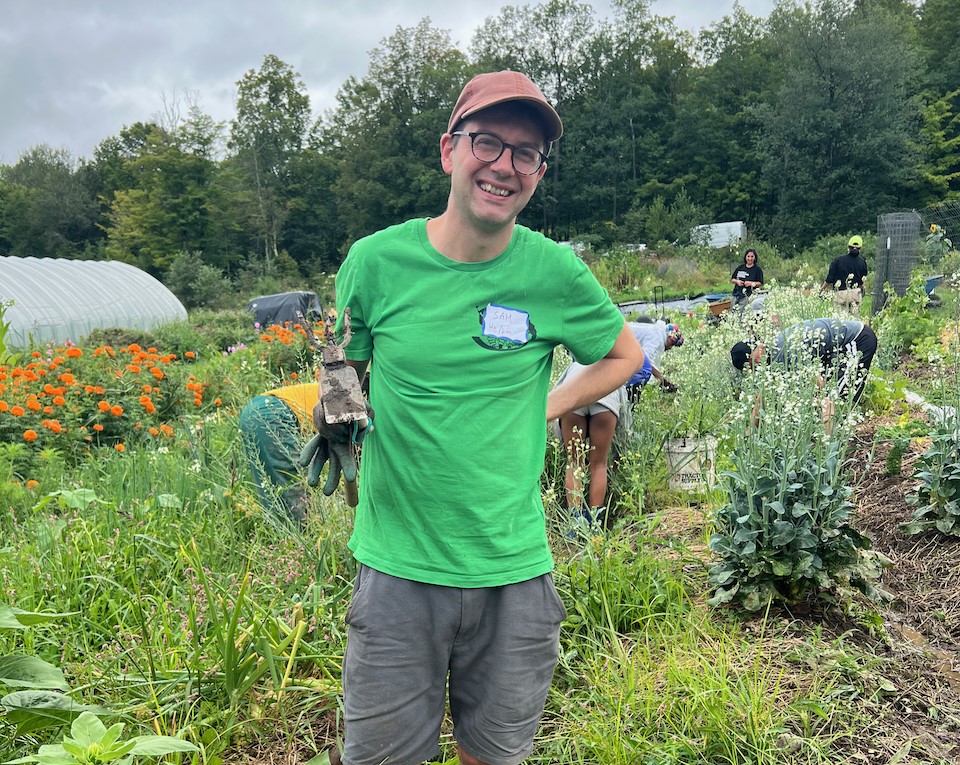

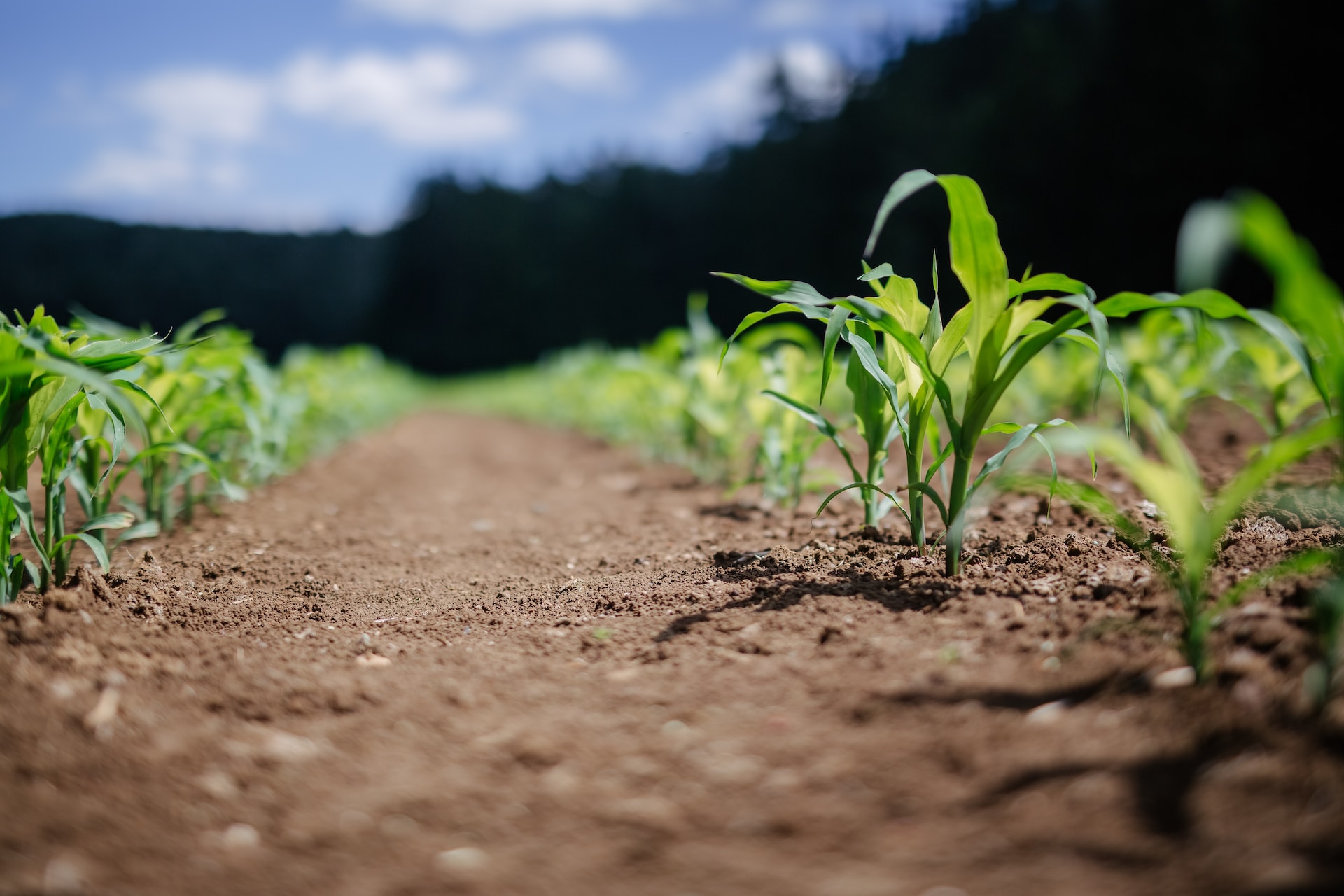



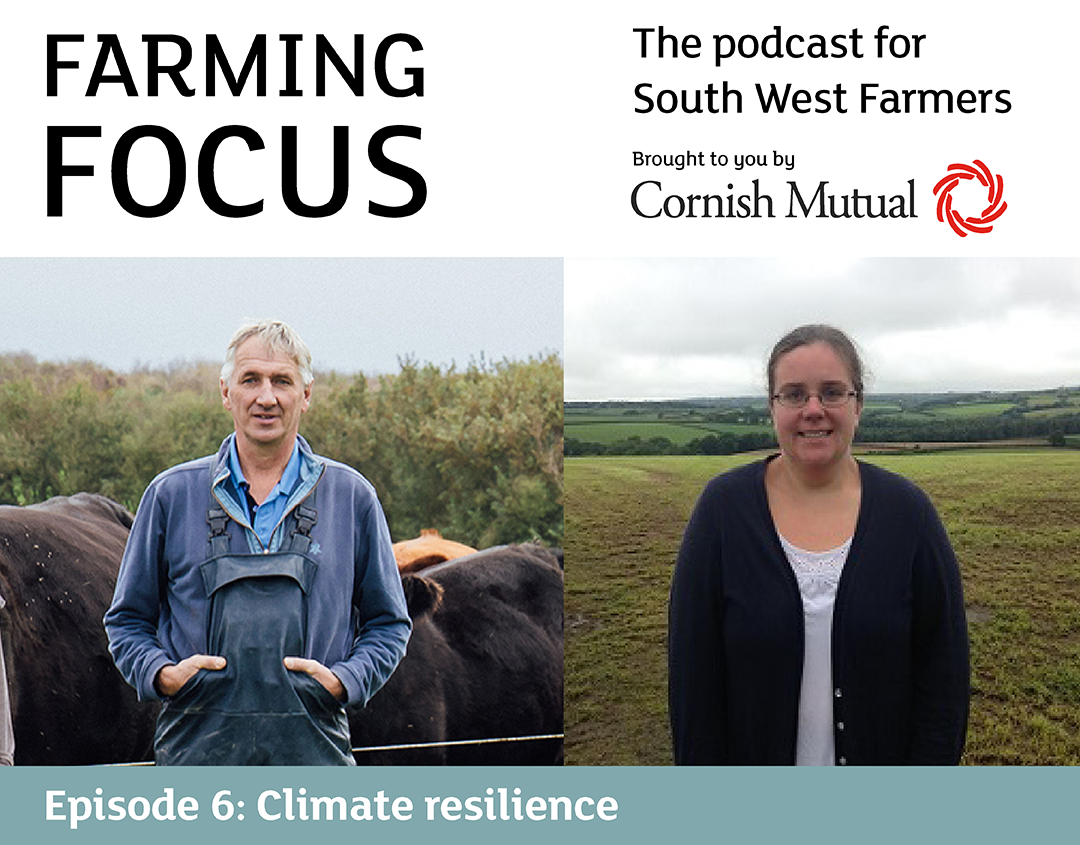
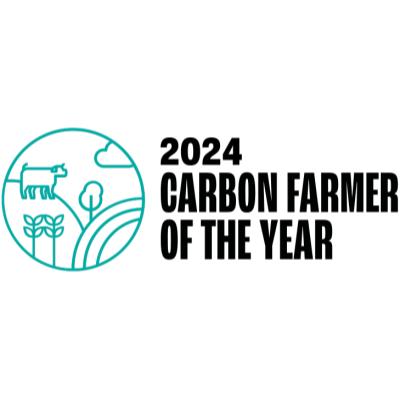
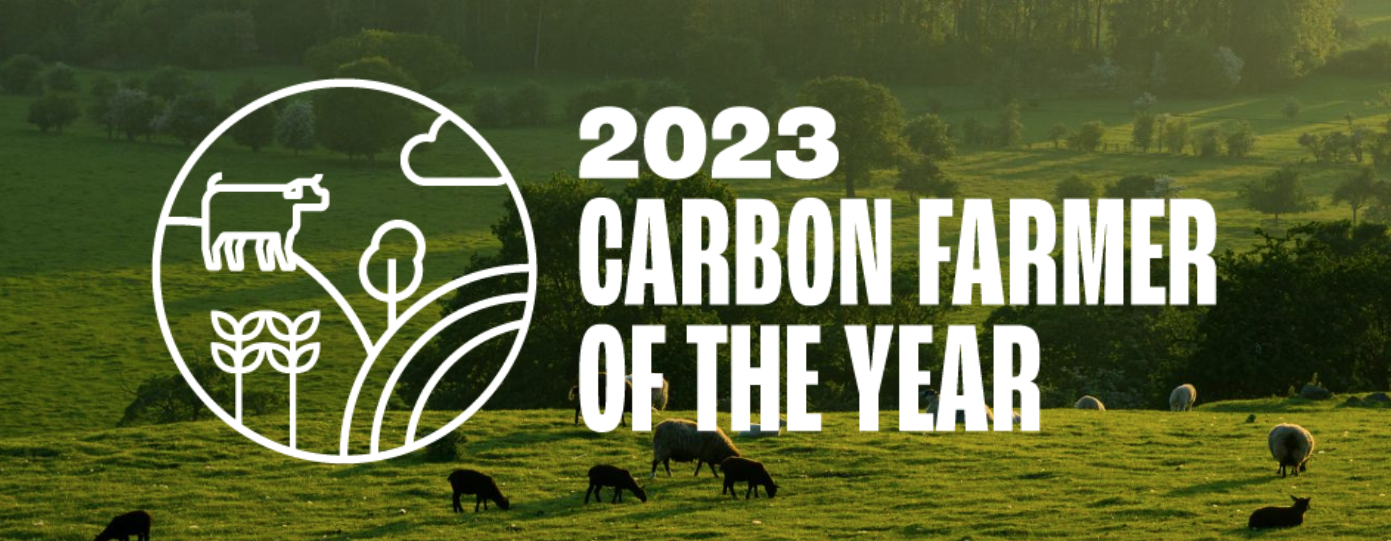
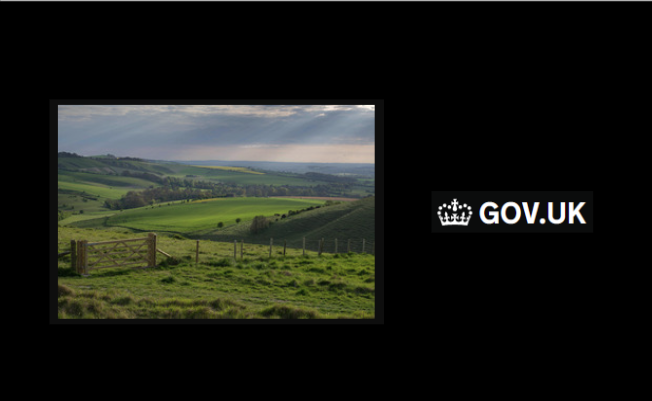
Recent Comments